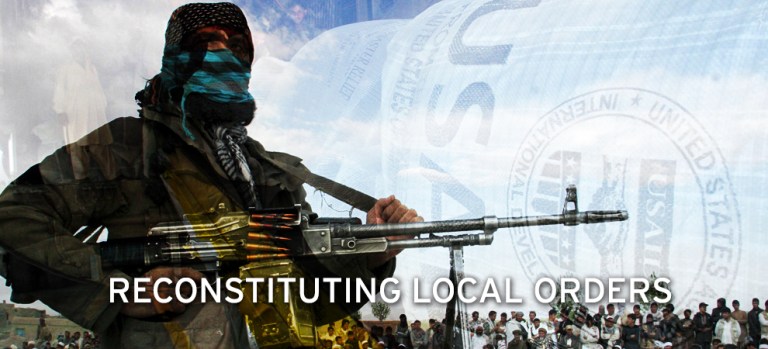
Led by Brookings Senior Fellows Vanda Felbab-Brown, Shadi Hamid, and Harold Trinkunas, the Brookings Seminar on Reconstituting Local Orders seeks to better understand how domestic political order breaks down and is reconstituted. It draws out policy implications and recommends more effective action for local governments and the international community. It examines these issues by bringing together top-level experts and policymakers.
The present disorder in the international system is significantly augmented by the breakdown of domestic order across a number of key states. Around the globe, the politics of identity, ideology and religion are producing highly polarized societies and deepening conflicts among non-state actors and between non-state actors and the state. In the Middle East, the Arab Spring disrupted long calcified political systems in ways that are still producing unpredictable effects on the regional order. The collapse of political order in Libya has wide-ranging consequences for governance across the Sahel, intensifying Mali and Nigeria’s fragility and highlighting the many deficiencies of their states. Meanwhile, Russia’s annexation of Crimea was facilitated by a breakdown of political order in Ukraine, and Russia’s aggressive external posture also partially reflects and compensates for its internal weaknesses. But even emerging powers such as India and Brazil face profound and persistent governance problems, including in public safety and rule of law. Among the topics explored in the Seminar are the construction of institutions and counter-institutions in the Middle East and South Asia; the role of external interveners and local militias in conflict settings; and forms of governance in slums and prisons, such as by criminal groups.
The Seminar is a collaborative research space that serves as a launching pad for cutting edge debate and research around questions of local and transnational order. The core of the analytical and policy-prescriptive exploration focuses on how political and social orders are reconstituted, the resulting impact on regional order and the international system, and what roles the international community should play. Among the products of the Seminar are analytical and policy papers as well as shorter articles and blog posts that examine cross-regional comparisons and identify policy implications and recommendations.